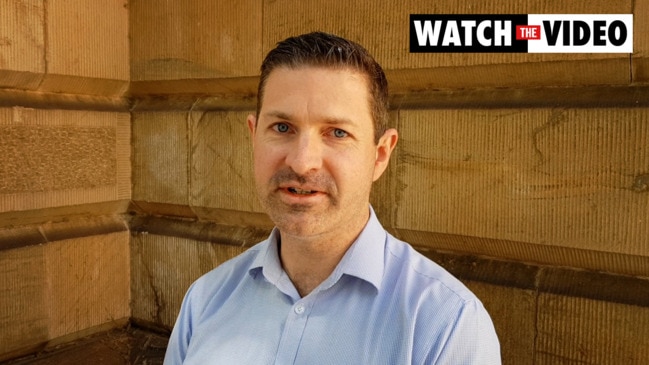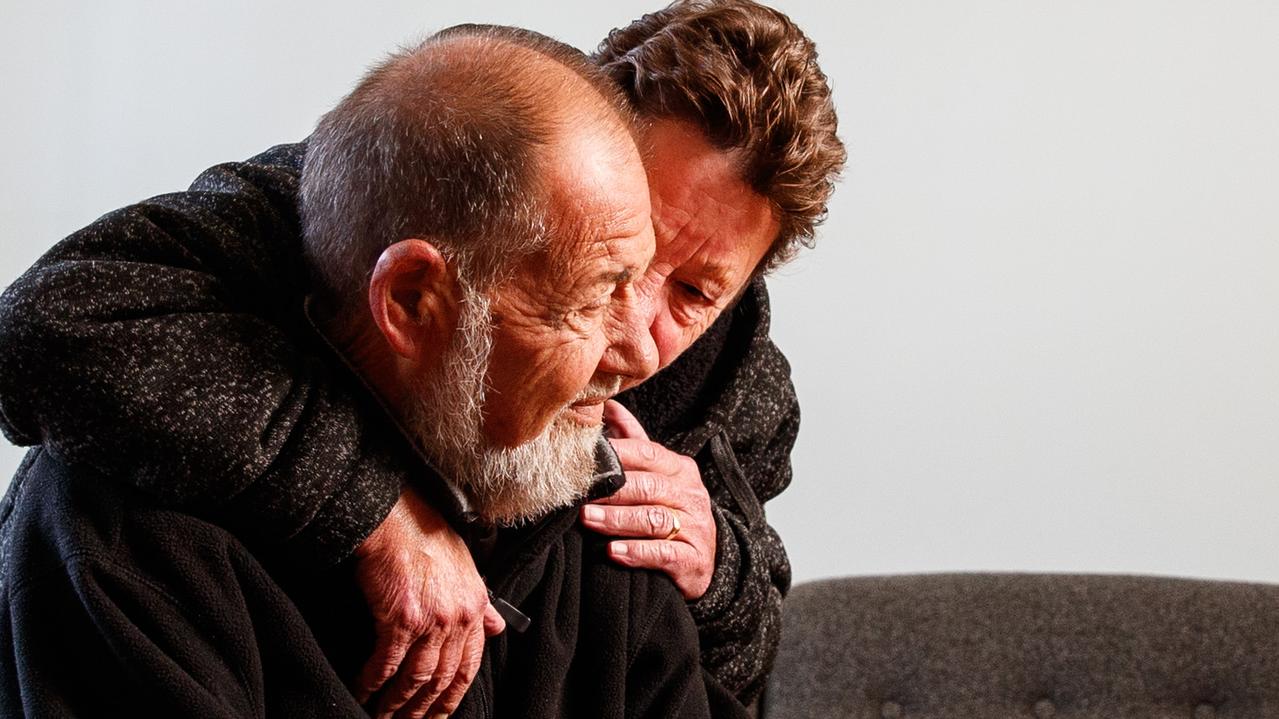High Court grants Peter Rex Dansie’s legal challenge – now SA’s Court of Appeal will rehear his last-ditch effort to avoid life in jail
The man convicted of murdering his wife by drowning her in a south parklands pond still has hope of avoiding life in jail after a bombshell High Court decision.

Police & Courts
Don't miss out on the headlines from Police & Courts. Followed categories will be added to My News.
Convicted wife killer Peter Rex Dansie has won his High Court legal challenge – throwing the future of his victim’s lucrative estate into doubt once more.
On Wednesday, the High Court ruled South Australia’s Court of Appeal had “misapplied” legal precedent when refusing Dansie’s attempt to overturn his conviction.
In a unanimous decision, it ordered the matter return to the Court of Appeal for rehearing.
The decision does not mean Dansie has been acquitted of drowning his wife, Helen, in a Veale Gardens pond, and nor has he been granted a retrial.
Instead, the Court of Appeal will reconsider Dansie’s challenge – effectively resetting the case as if his original appeal never happened.

Following two trials – one of which had to be aborted – Dansie, 73, was sentenced to life imprisonment with a 25-year non-parole period.
The Supreme Court found he drowned Helen, who used a wheelchair, in a Veale Gardens pond because he considered her a financial burden.
It ruled the murder, which followed years of neglect and abuse, was also motivated by his desire to pursue Chinese women for sex.
As Dansie pursued his High Court appeal, the couple’s son Grant filed legal action to stop him using Helen’s assets to fund his legal challenge.


Because of Wednesday’s High Court ruling, that battle over Mrs Dansie’s estate now moves into legal limbo.
It cannot be heard, nor decided, until after the appeal is reheard in South Australia.
In its ruling, the High Court said Dansie’s conviction was based on a judge concluding the “only rational inference” on the evidence was an intent to commit murder.
It said the Court of Appeal agreed the amount of weight given to inferences was a matter for a judge – a contention with which the High Court unanimously disagreed.
It said such matters “must be approached with caution” and that the appeals court had “misapplied” legal precedent set by an earlier, similar case.
Each Court of Appeal judge, it said, should have “asked whether they were independently satisfied” that murder was the only rational inference available on the evidence.
If not, it continued, they should have asked themselves whether Dansie’s trial judge had “some identified advantage” over the appeals court in assessing the evidence.
Dansie’s appeal will be re-heard on a date to be set.





